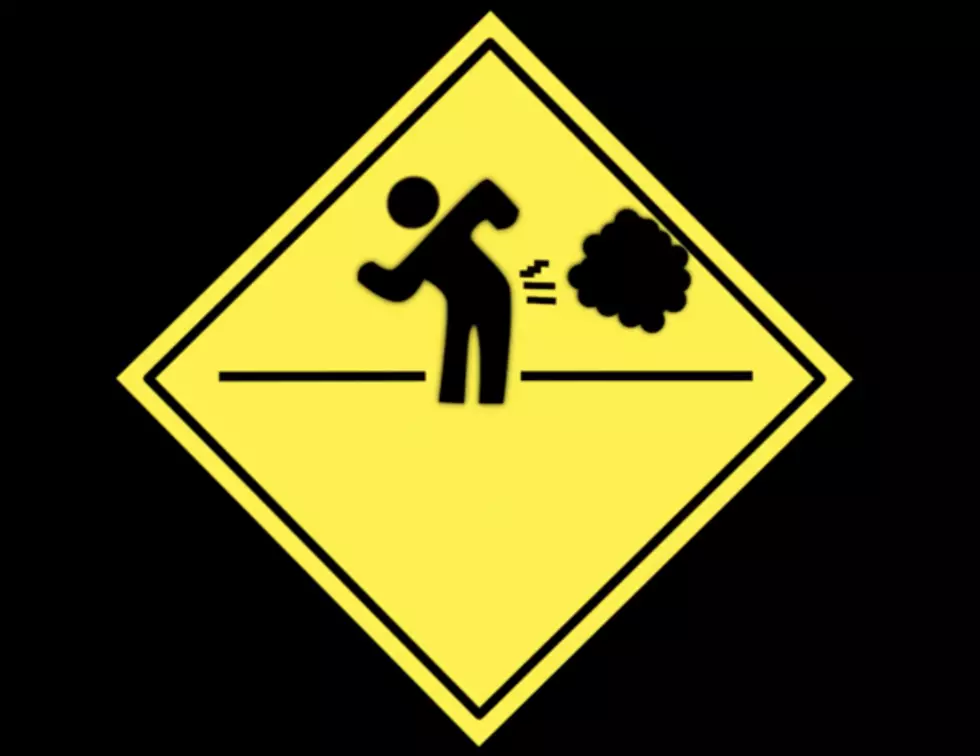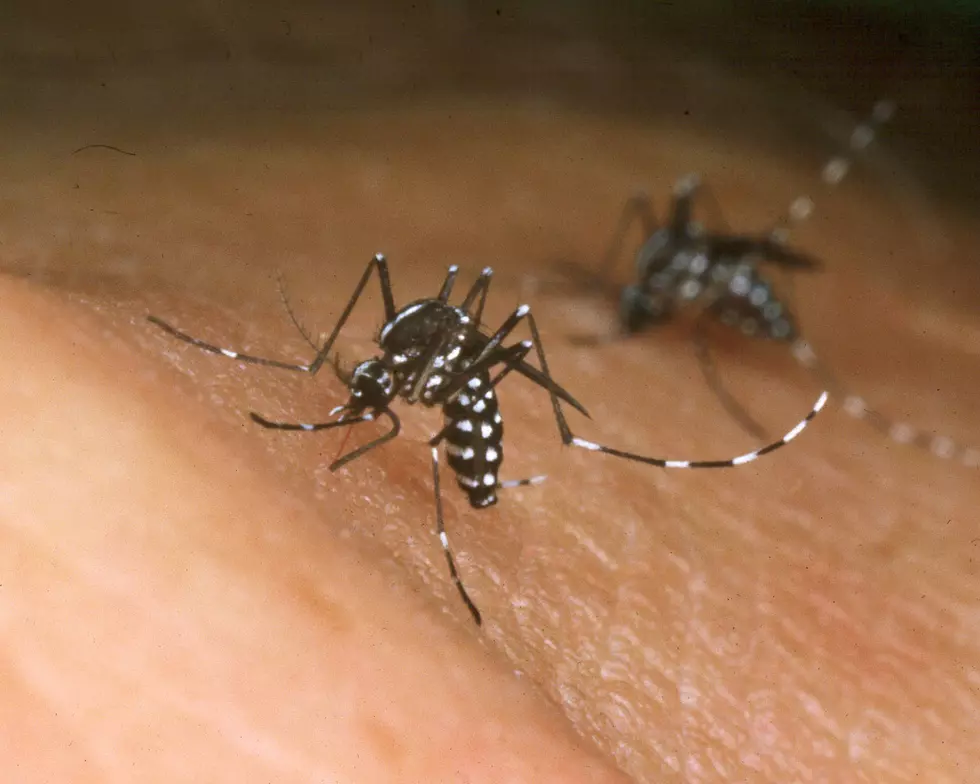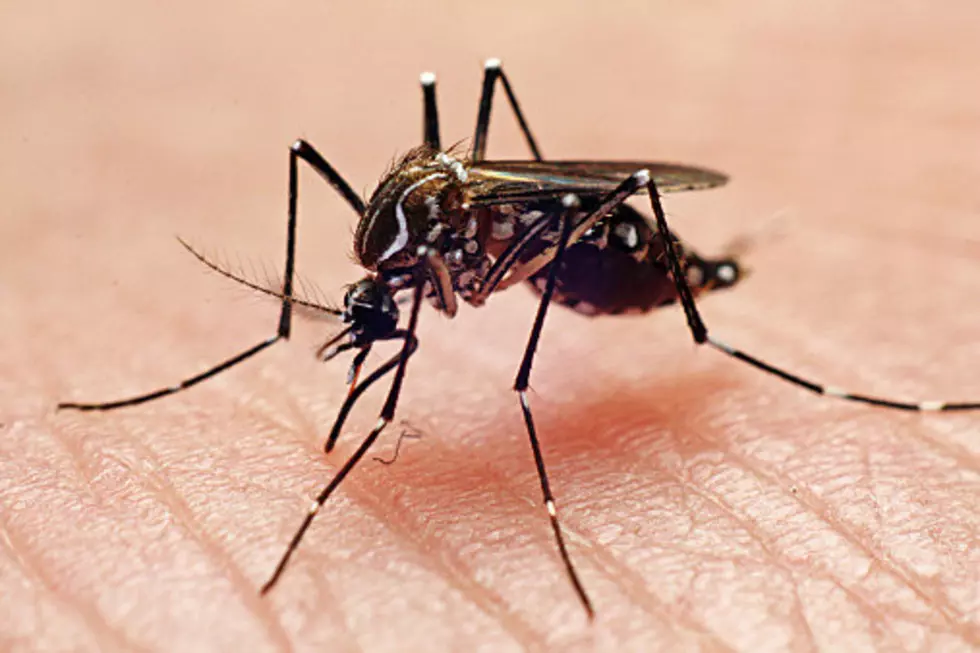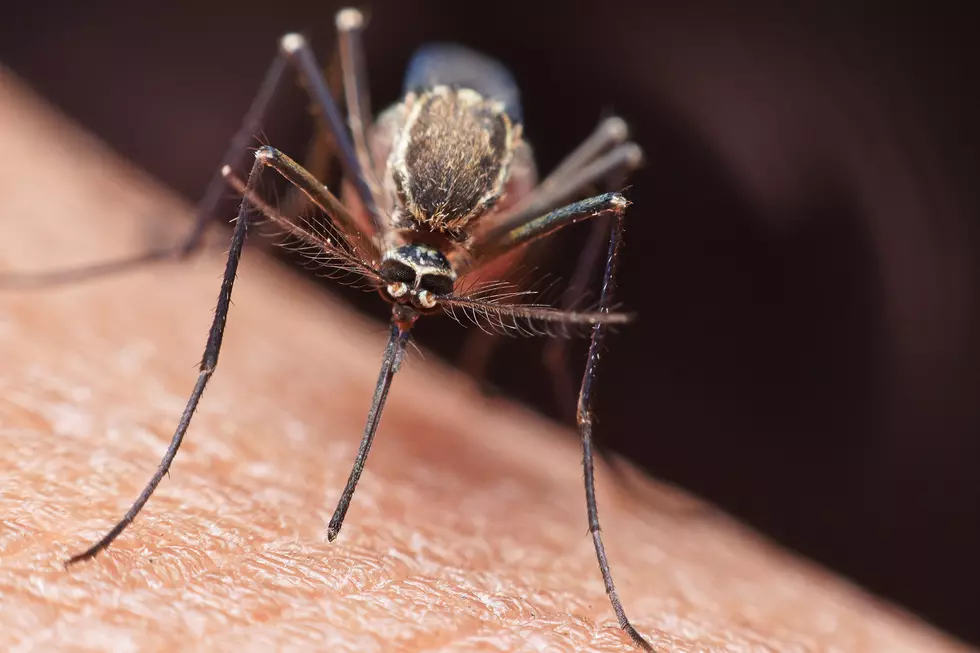
Rainy Weather Brings More Mosquitoes to Rockford Area and West Nile Virus Concerns
I am not very happy when I woke up this morning and discovered I received eight mosquito bites. Yes, they are everywhere!The non-stop rainy weather has allowed hordes of mosquitoes to hatch. If you ventured outside this past weekend, you got bitten.
The good news is that we don't have to worry too much about West Nile Virus for the time being. Northern and central Illinois have been hit by more rain than average. It is that flood water is a contributor to larger mosquito populations.
The Pantograph reports that with floodwater, you don't typically get the mosquito that carries the West Nile Virus, West Nile mosquitoes like stagnant water. What we need to be concered with is when the weather gets hot after the rain stops. Stagnant water left from recent downpours can become breeding grounds for the mosquitoes that do transmit the virus.
You can do something to cut down on these nasty pests. Remove standing water around your yard. Standing water forms is places including:
- flower pots
- bird baths
- wading pools.
- discarded tires
University of Illinois Integrated Pest Management Program gives us some insight on Floodwater mosquitoes.
• Floodwater mosquitoes lay their eggs on low-lying dry ground that is later flooded. The water then helps those eggs hatch. That means eggs laid throughout the previous two or more years, now are going to add to an already considerable mosquito population.
• Under normal summer temperatures, those mosquitoes will emerge about two weeks after heavy rains. Their lifespan is short: They can be a major nuisance for one to two weeks.
• The most common floodwater mosquito is known as Aedes vexans. It's known as a vicious biter, and will commonly fly 10 or more miles from flooded areas, particularly along prevailing winds.
If you want to protect yourself against mosquitoes, before venturing outdoors wear long-sleeved shirts and long pants and use an insect repellent containing DEET.
More From Rockford's New Country Q98.5









